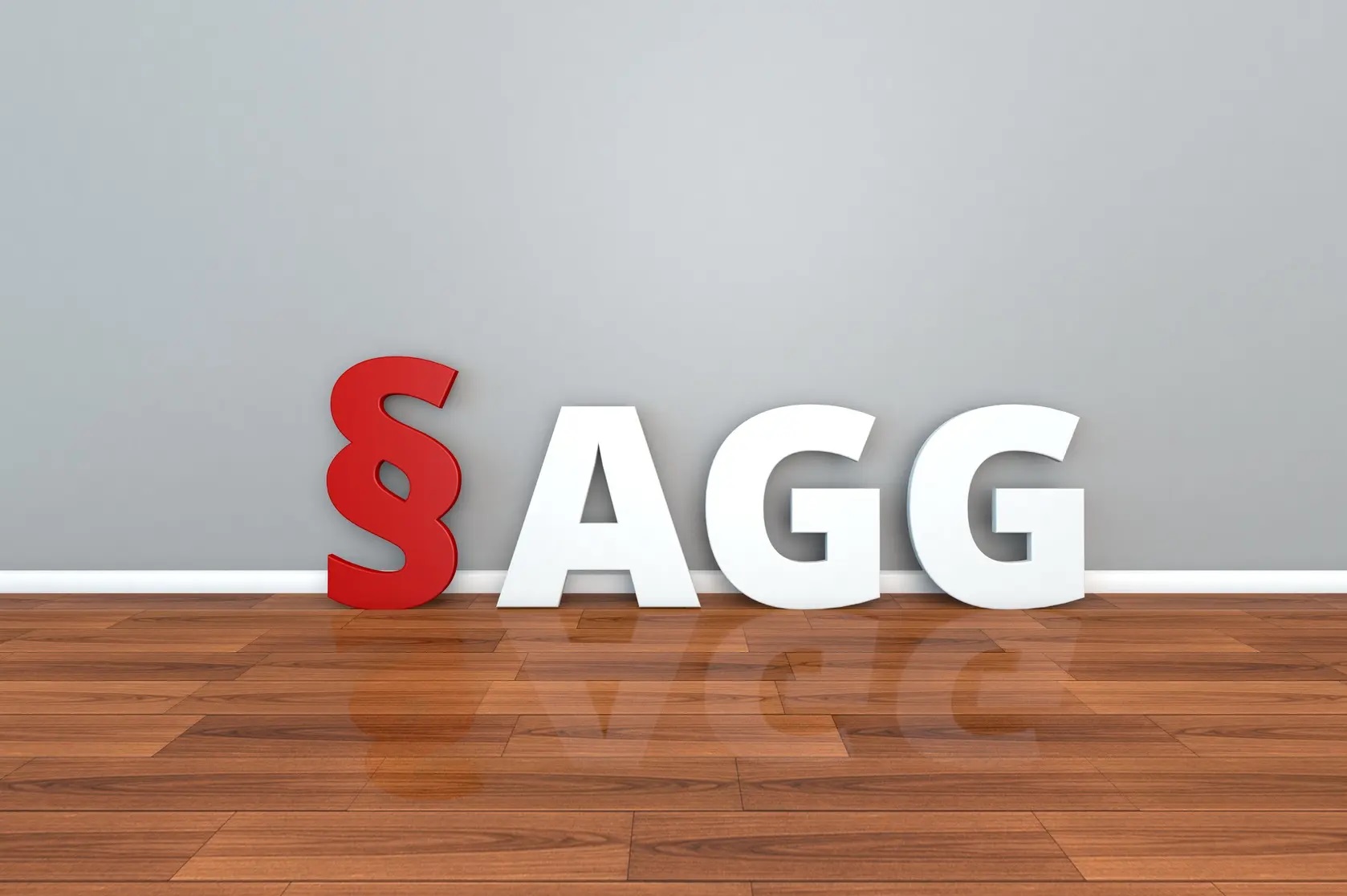AGG" is the abbreviation for the "General Equal Treatment Act". As the name suggests, it is intended to protect people from discrimination - in a wide variety of areas of life. However, even though the AGG provides a good basis, there are always people who violate the corresponding provisions.
What exactly is the AGG about?

The AGG is a law that aims to protect people from discrimination based on their sexual identity or gender identity - both in everyday life and at work. However, among other things, it also covers other areas, such as:
- Ethnicities
- Gender
- Religions
- Worldviews
- Impairments
- Age
- Transgender
- Intersex.
People who do not conform to the "social norm" or the average here must not be excluded or discriminated against, either in everyday life or at work.
The AGG in everyday life and on the job
A closer look at the individual areas in everyday life or at work reveals just how comprehensive the AGG is. For example:
- During a personnel interview, employers are not allowed to inquire about applicants' sexual orientation.
- People who do not conform to the "social norm" or the average must not be discriminated against in connection with further training offers, promotions and the like. At the same time, they must not be dismissed because of their sexual orientation/identification.
- Through the AGG, queers are also protected from insults by colleagues, among other things.
- The protection also refers to "normal everyday life", for example when shopping, on public transport or partying in a disco. Queers may not be denied entry because of their sexual orientation or identification.
These are just a few of the many examples in which the AGG applies. The wording of the law was designed to cover as many areas as possible and to provide the best possible protection for the persons concerned.
AGG - what does discrimination actually mean?
From legal side a distinction is made between indirect and direct actions. Direct action is when a person is treated worse than others because of their sexual orientation or identity.
Proving indirect discrimination can be a bit more complicated. A classic example: Two women want to attend an event together. The bouncer assumes that they are lesbians and denies them entry.
By the way: Even if the two women were not lesbians, they could still refer to the AGG, since a decision was made against them based on the assumption that they were queer. The issue here is discrimination per se and not whether the people concerned actually belong to the community.
How can you use the AGG to your advantage?
Unfortunately, the provisions of the AGG are violated again and again in everyday life and at work. Those affected have the option of claiming damages or compensation. This claim must then be met within two months - provided it is justified. If the other party refuses, the matter may have to be taken to court.
However, it does not have to come to that. It may be possible to resolve the dispute and the cause of the problem in a personal conversation.
If you are a discriminated person looking for support, you have found the right contact in the Federal Anti-Discrimination Agency. If both parties are willing to find an amicable solution, this is usually the less complicated option.
Counseling at the Federal Anti-Discrimination Agency is, of course, discreet and free of charge. It can often help those affected to assert their rights... and ultimately also make an important contribution to the community.

Really good I did not even know that there is such a thing. More of it!
I experienced discrimination really often after I came out. But luckily there are also a lot of people who accept you and give you the courage to be who you are.